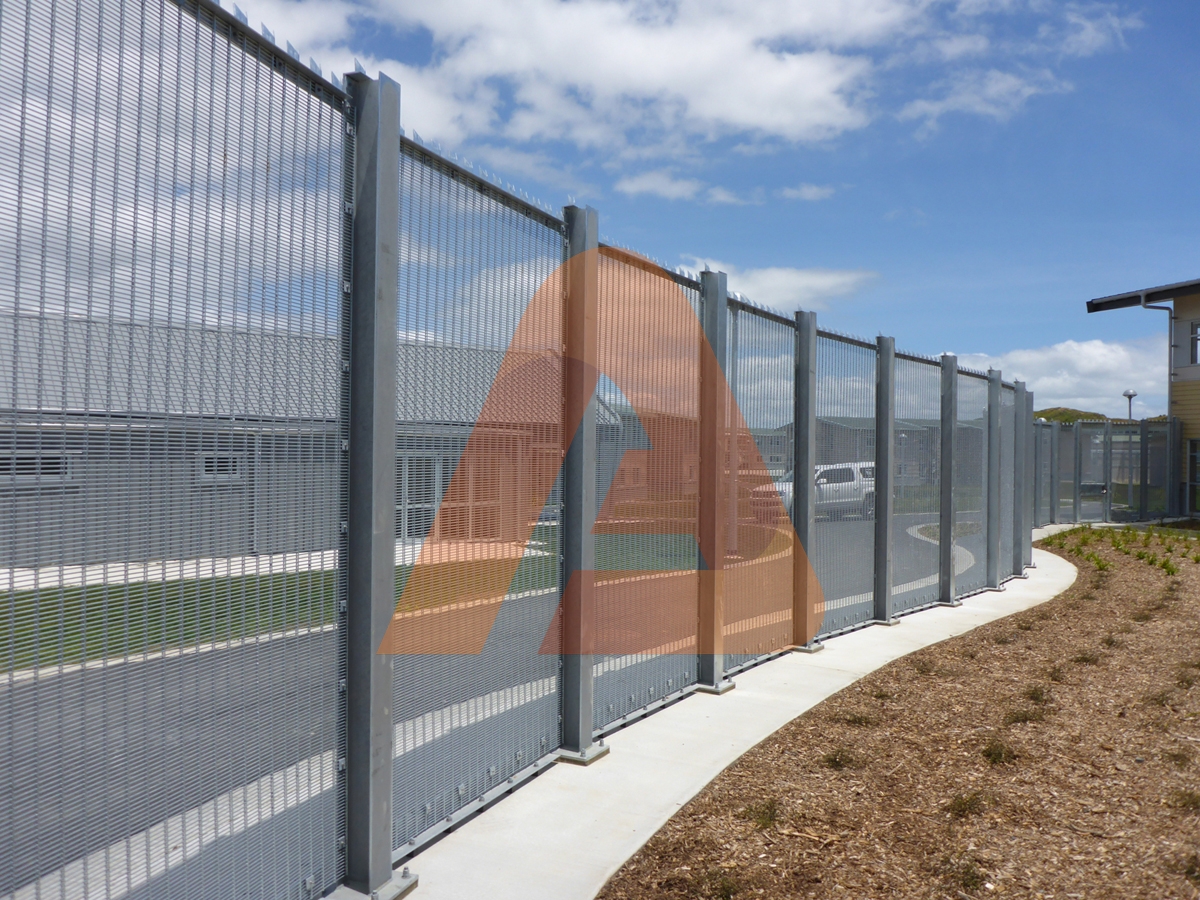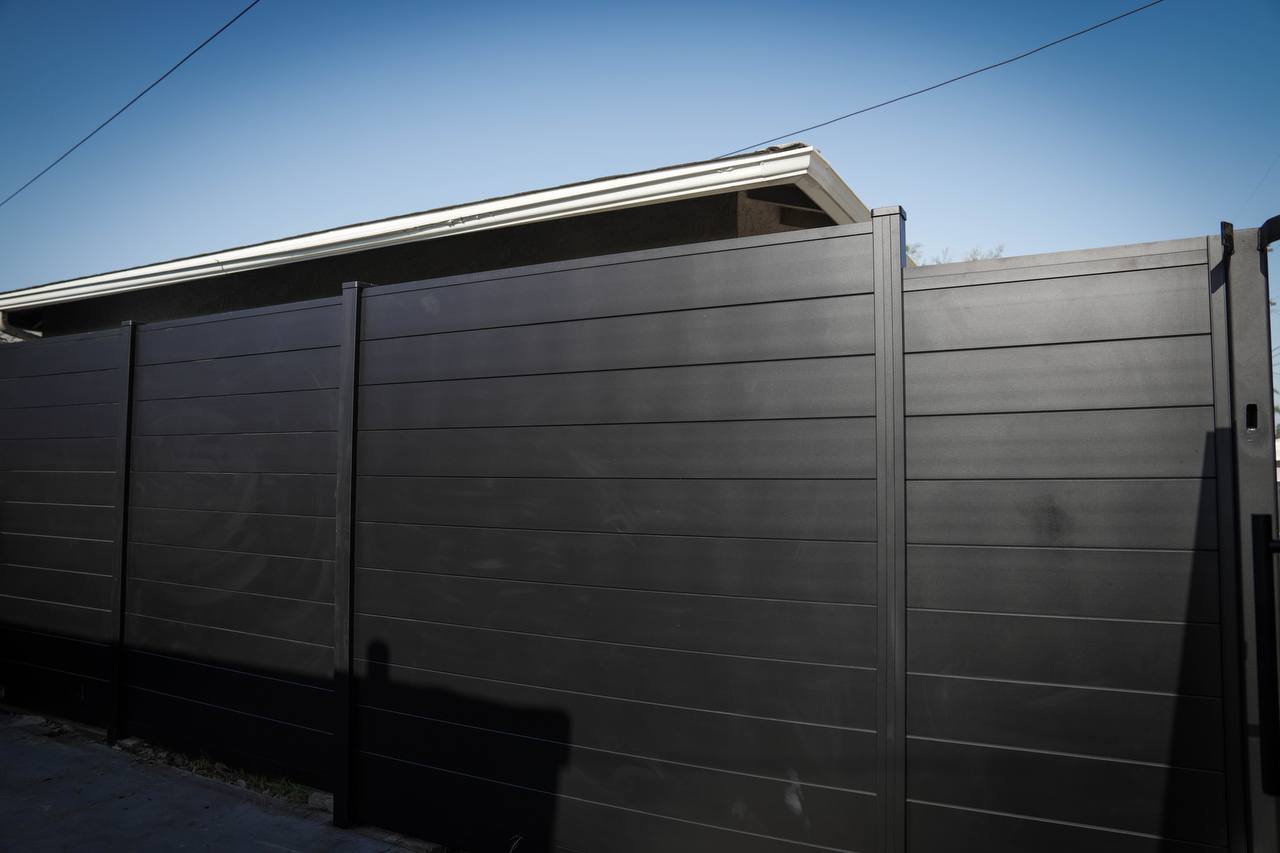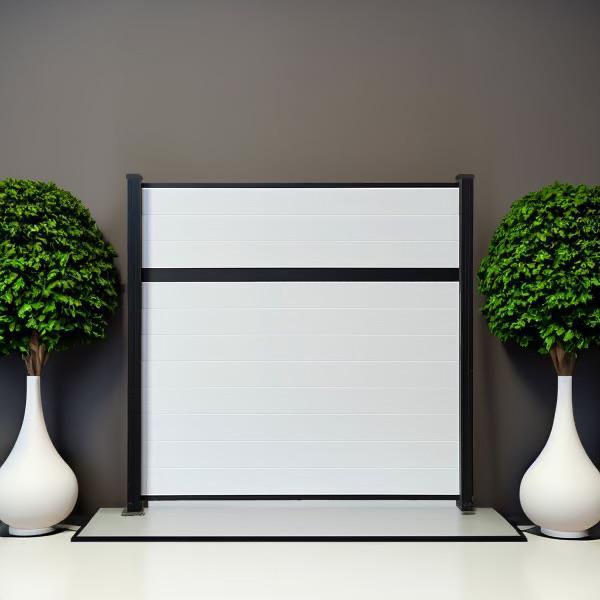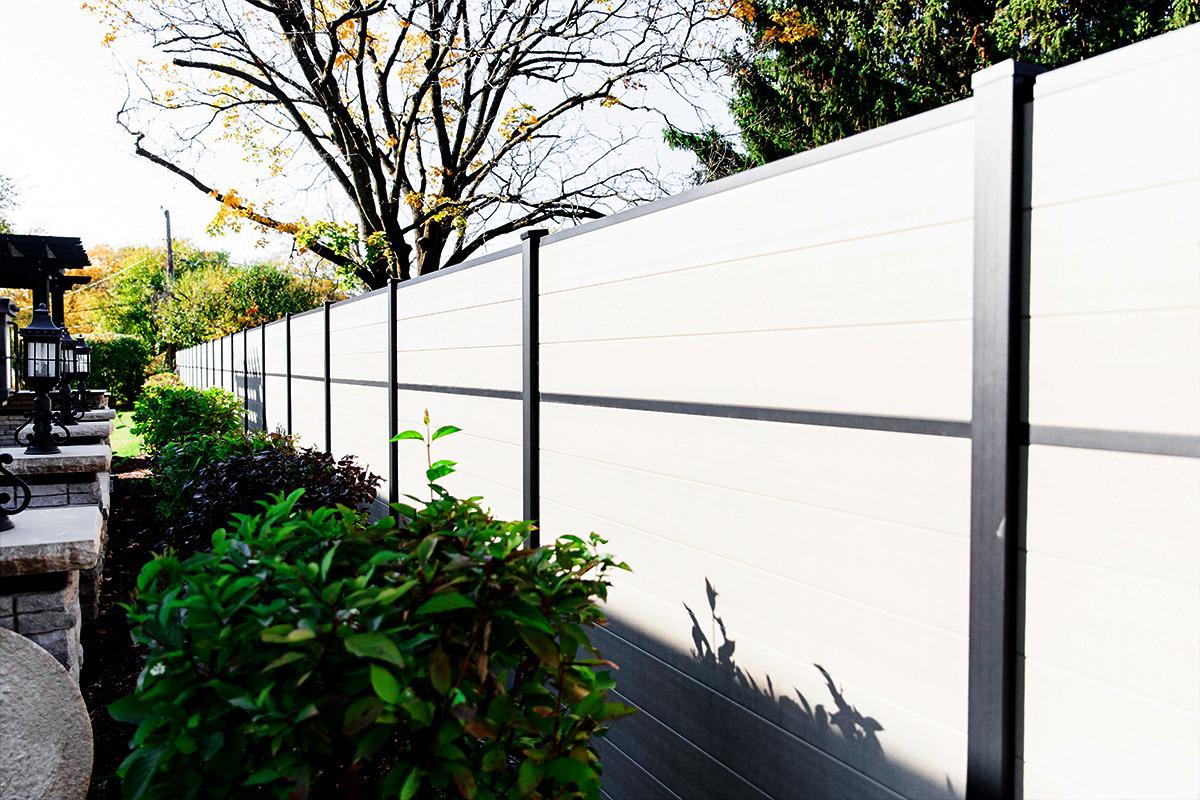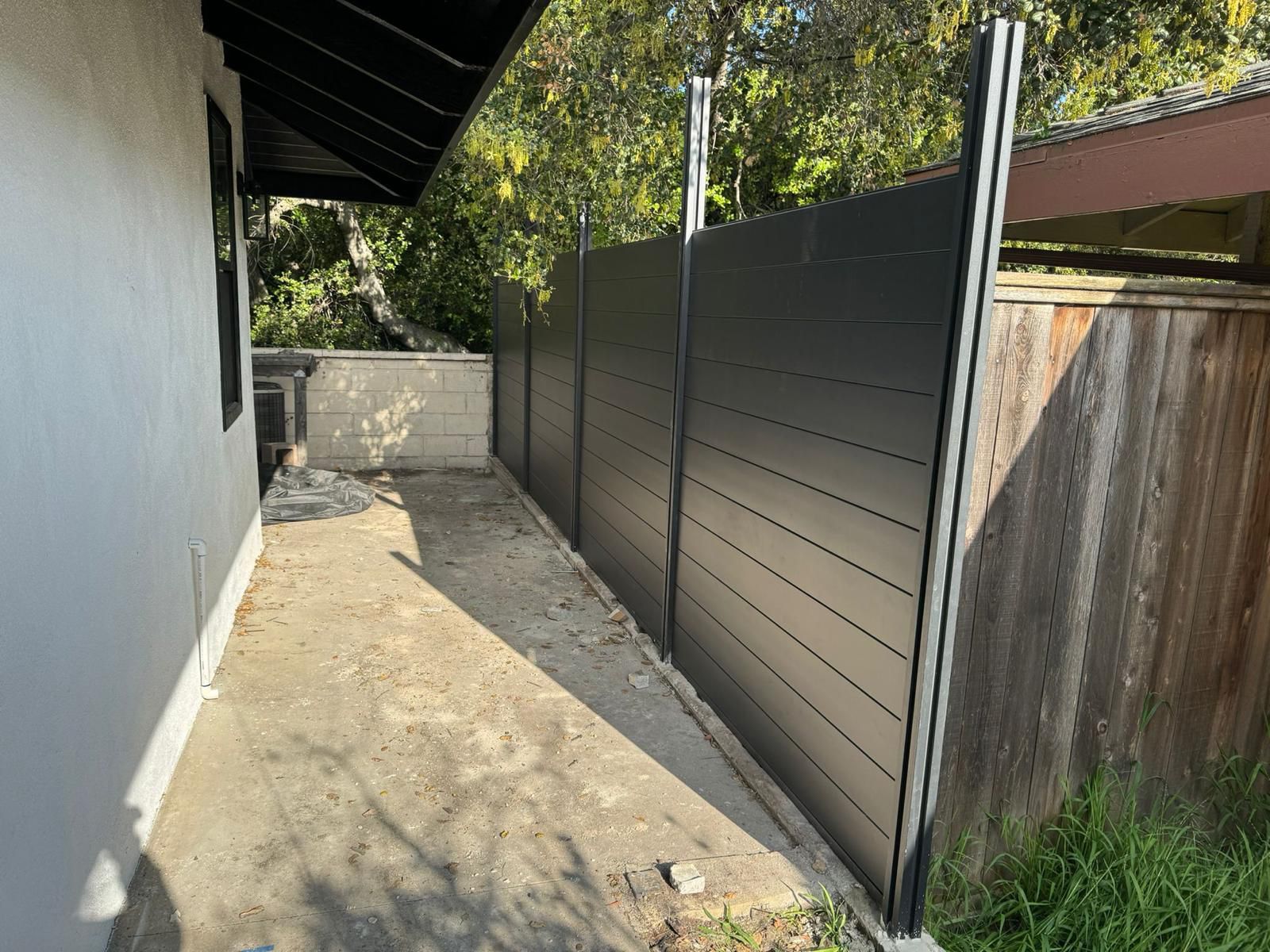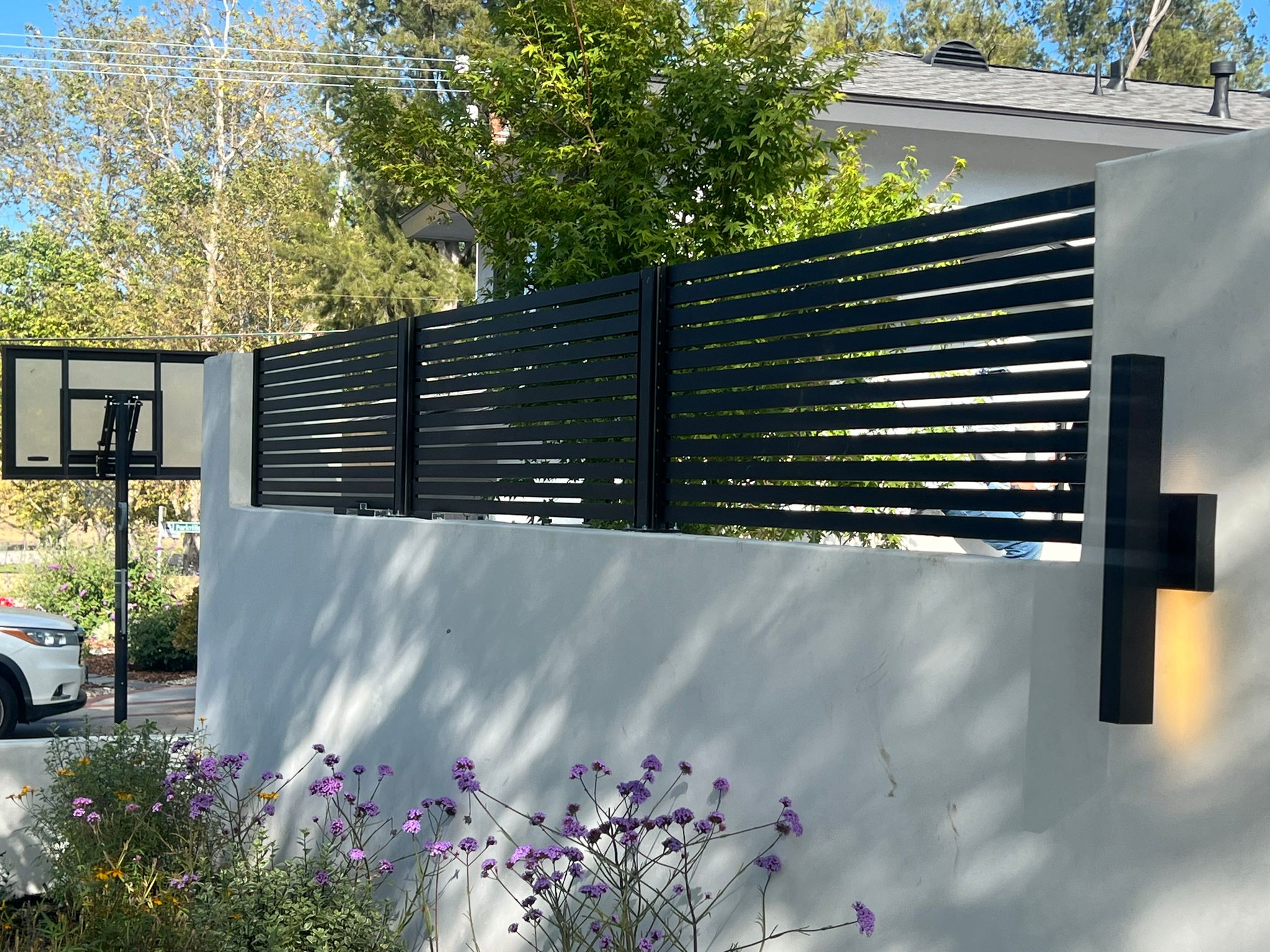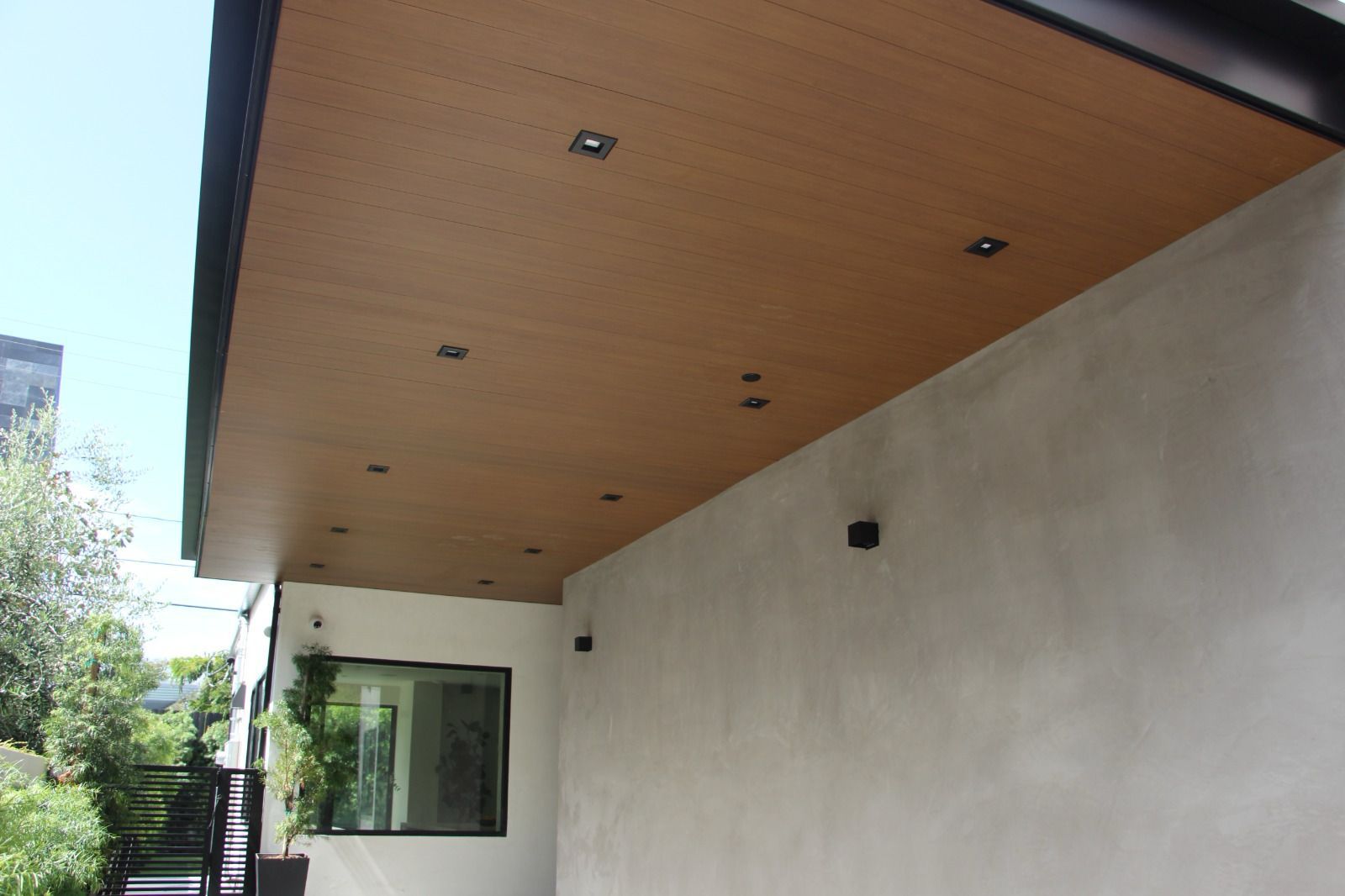
Aluminum Cladding: Modern Home Protection with Stylish Appeal
- By Admin
- Posted on
When it comes to enhancing the look, durability, and energy efficiency of your home, aluminum cladding is quickly becoming the go-to choice for homeowners across the United States. Known for its modern style, long lifespan, and low maintenance, aluminum cladding offers a perfect blend of aesthetics and functionality. Whether you’re building a new home, updating an older façade, or adding design accents, aluminum cladding delivers exceptional results without the headaches of traditional materials.
What Is Aluminum Cladding?
Aluminum cladding is a protective and decorative layer installed on the exterior walls of buildings. Made from high-quality aluminum panels, it can be finished in a variety of textures, colors, and patterns — including realistic woodgrain finishes — to suit both modern and traditional architectural designs. Unlike wood or vinyl siding, aluminum does not rot, warp, or require constant painting, making it ideal for long-term use.
Advantages of Aluminum Cladding for Homes
1. Superior Durability and Weather Resistance
Aluminum cladding stands up to even the harshest climates. It resists corrosion, fading, and cracking, maintaining its original appearance for decades. UV rays, heavy rain, snow, and humidity are no match for aluminum’s strength.
2. Low Maintenance
No staining, oiling, or sealing required. A quick wash with mild soap and water a few times a year is enough to keep it looking fresh.
3. Lightweight and Easy to Install
Aluminum is much lighter than stone, brick, or cement siding, which makes it easier to handle during installation. This also reduces labor time and costs.
4. Endless Design Options
From sleek matte finishes to wood-look aluminum panels, you can choose styles that perfectly match your vision. Perforated panels, custom colors, and engraved designs make it possible to create unique architectural statements.
5. Energy Efficiency
When paired with insulation, aluminum cladding helps regulate indoor temperatures, reducing heating and cooling expenses over time.
6. Fire and Pest Resistance
Unlike wood, aluminum won’t attract termites or pose a fire hazard — a major advantage for homes in wildfire-prone or humid regions.
7. Eco-Friendly Choice
Aluminum is 100% recyclable, making it a sustainable option for environmentally conscious homeowners.
Popular Design Options for Aluminum Cladding
-
Woodgrain Aluminum Cladding – Perfect for achieving a warm, natural look without the upkeep of real wood.
-
Matte and Gloss Finishes – Modern, clean lines for contemporary homes.
-
Perforated and Custom Panels – Add texture and personality to your façade.
-
Vertical or Horizontal Installation – Choose based on your home’s architecture.
Installation Process
Installing CLAD120 woodgrain aluminum cladding is a straightforward process thanks to its interlocking design:
Prepare the Surface – Ensure the wall is clean, level, and structurally sound. Apply moisture barriers if needed.
Measure and Plan – Mark layout lines for straight, even panel installation. Decide between horizontal or vertical orientation.
Attach Starter Strip – Secure at the base to guide your first panel.
Install First Panel – Lock it in place and secure with corrosion-resistant screws.
Interlock Panels – Slide each panel into the previous one for a seamless fit.
Trim and Fit – Cut panels where necessary and add matching trim around openings.
Finish with Edge Caps – Seal the installation for a polished, weatherproof finish.
Maintenance Guide
Even though aluminum cladding is low-maintenance, a few steps will keep it in peak condition:
Routine Cleaning
Wash panels with mild soap and water every 3–6 months to remove dirt, dust, and salt buildup.
Avoid Harsh Chemicals
Do not use bleach, strong solvents, or abrasive cleaners, as these can damage the powder-coated finish.
Inspect Annually
Look for loose screws or panels and tighten them as needed.
Touch-Up
For minor scratches, use paint designed for powder-coated aluminum.
Applications of Aluminum Cladding
Residential Homes
Adds curb appeal, improves energy efficiency, and protects the structure from the elements.
Commercial Buildings
Creates a sleek, professional exterior for offices, retail spaces, and hotels.
Renovation Projects
Modernizes older buildings without extensive structural changes.


